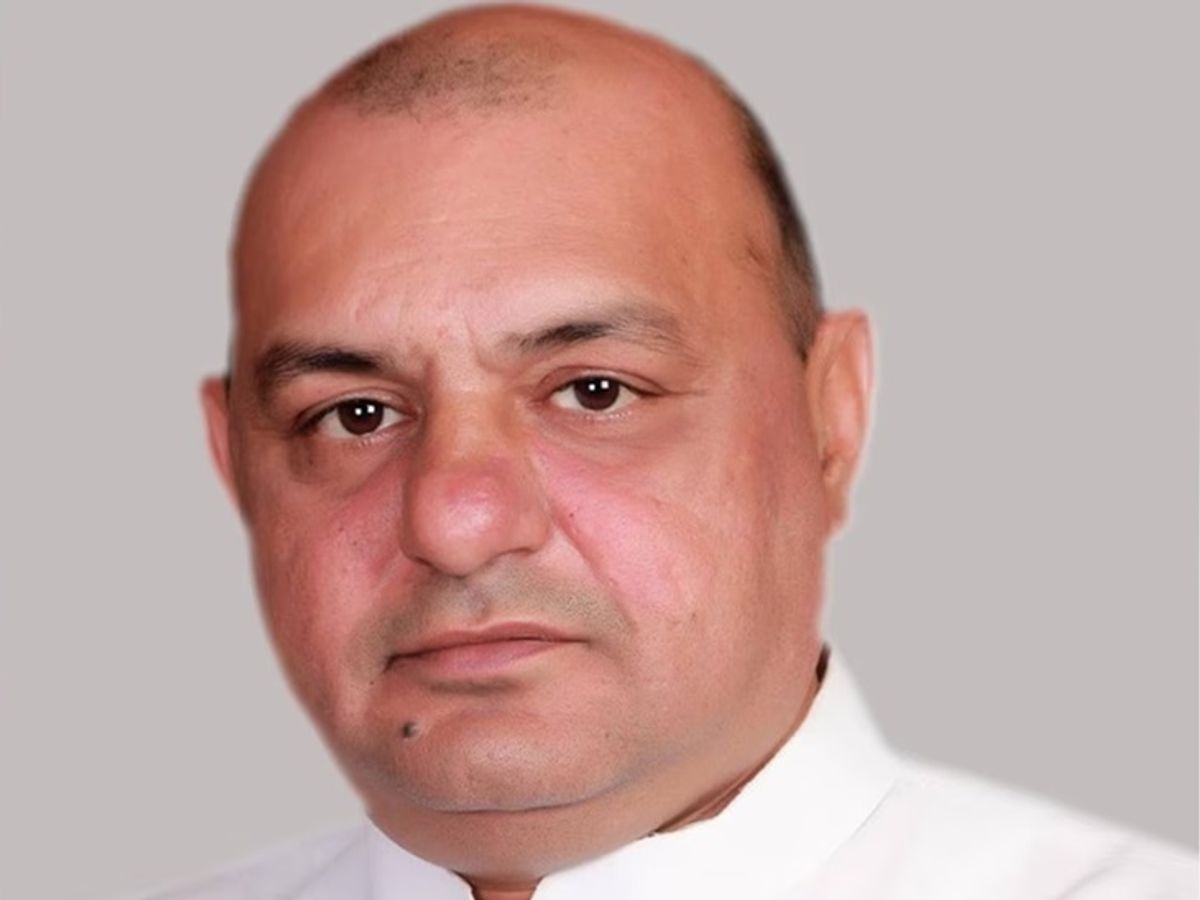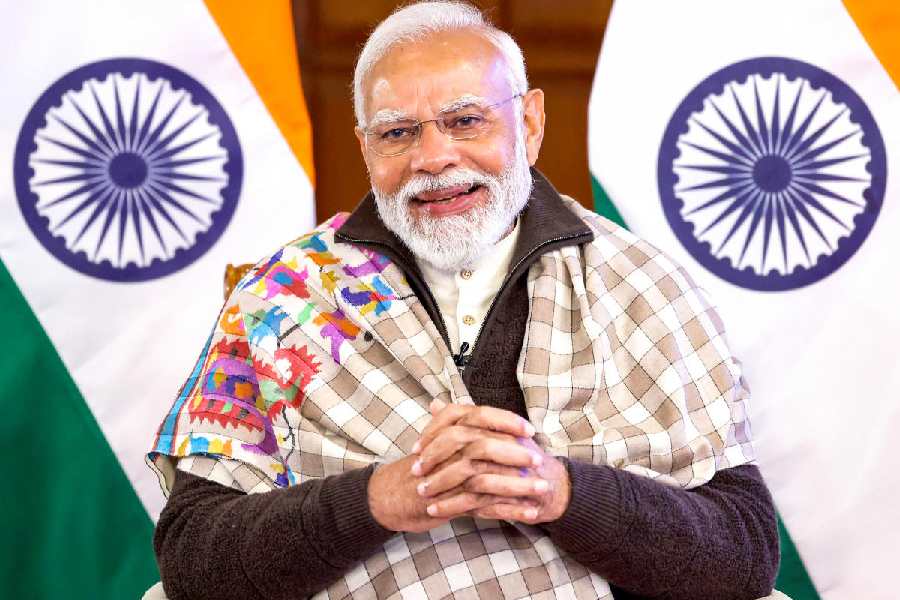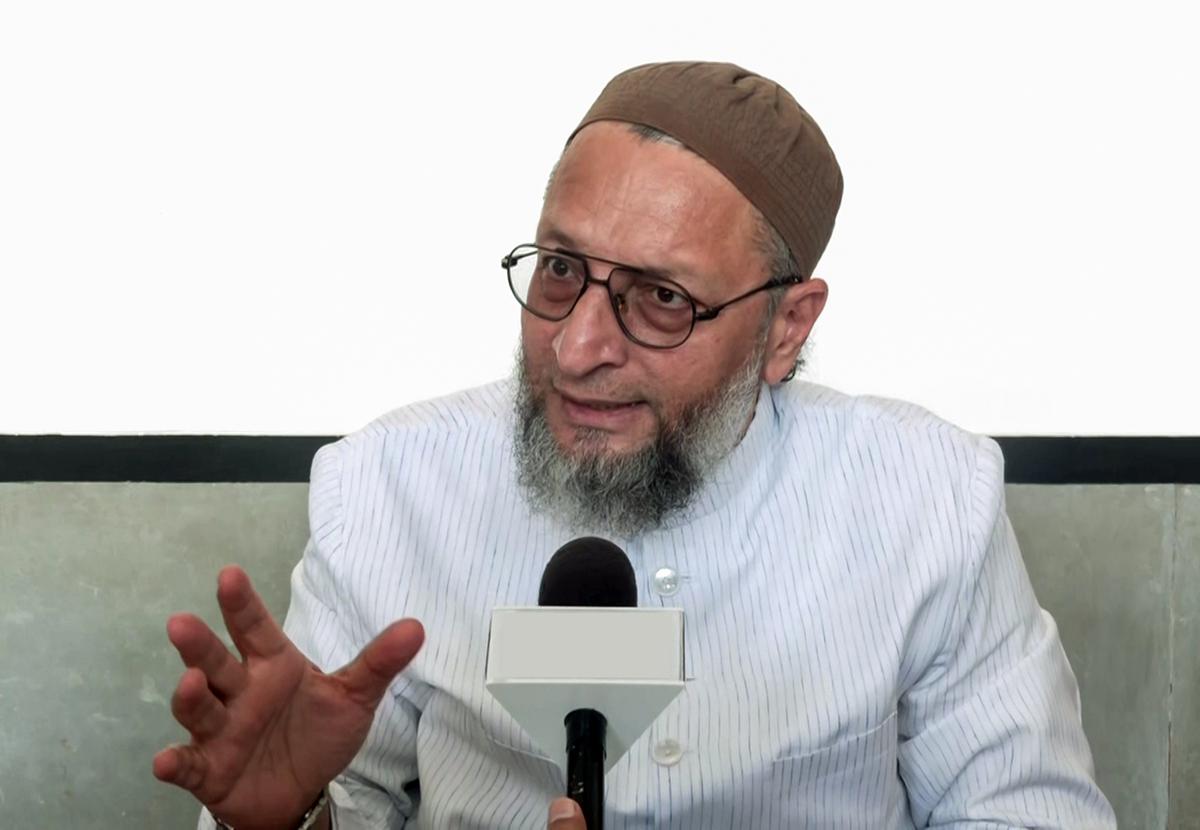We have already invested Rs.40 crore for constructing the new block at MNJ Cancer Hospital: Etala Rajender
Fri 09 Oct 2020, 11:01:23
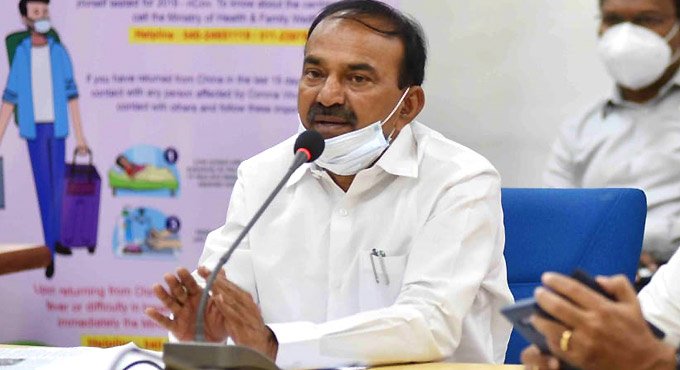
The State government will provide impetus to high-end procedures across all the State-run tertiary hospitals in Hyderabad.
It has been proposed to set-up Centres of Excellence for Organ Transplantation at Gandhi Hospital, Osmania General Hospital (OGH) and Nizam’s Institute of Medical Sciences (NIMS) that will exclusively conduct organ transplantations under Aarogyasri health insurance scheme.
The cabinet sub-committee, constituted by Chief Minister, K Chandrashekhar Rao to frame recommendations for improving health care services in government hospitals, on Thursday also recommended that necessary legislation will be introduced making it possible for government hospitals to declare critically ill patients as brain dead, which will encourage cadaver organ donation.
Apart from organ transplantation, the government will also invest in providing treatment facilities to patients with breast and cervical cancers, which were very expensive in private healthcare facilities.
Health Minister, Eatala Rajender said, “We have already invested Rs.40 crore for constructing the new block at MNJ Cancer Hospital in Red Hills. We are also spending anywhere between Rs 30 crore and Rs 35 crore for stem cell laboratory at NIMS for treatment of blood cancer patients, which are prohibitively expensive in private sector.”
The State government is also planning to further expand its fleet of 108 emergency ambulances to ensure emergency vehicles are available across all mandals and government healthcare facilities in State. In the coming months, nearly 238 ambulances will be added.
The sub-committee has recommended for extension of the 108 ambulance services in urban centres like Hyderabad and Warangal where the demand is heavy. The health department is in the process of procuring nearly 120 ambulances, which will soon be inducted.
In the last few months, during the Covid pandemic, close to 138 emergency ambulances were donated by
Ministers and MPs in the State, which will be added to the 108 ambulance services in phases.
Ministers and MPs in the State, which will be added to the 108 ambulance services in phases.
“The State government is fully funding the ambulance emergency services in Telangana and not GVK, which is the popular perception. In the coming months, all government hospitals, irrespective of their size, will have an ambulance,” Rajender said.
The State government will set up 102 Basthi Dawakhanas taking the total number of these dawakhanas to 300. Close to 26 Basthi Dawakhanas will be operational by October.The facilities will be supported by TS Diagnostics initiative, which ensures availability of nearly 60 diagnostic tests for the urban poor. “We have distributed Hyderabad into eight different zones and each zone will now have a centre that will offer X-Ray, ECG and other such tests. The samples for 60 different kinds of tests are already being transported to the central laboratory at IPM in Narayanguda,” Rajender said.
The State will also start collaborating with NGOs, which are involved in providing palliative care facilities to patients who are struggling with end-stage chronic ailments like cancer, kidney disease and even paralysis. “There are few voluntary organisations that are providing selfless palliative care services to such patients.
The State government will collaborate with them to further strengthen the palliative care services,” Rajender said.The State government is also likely to take up rationalisation of health care services provided under Aarogyasri health insurance scheme and also revise the rates of services that are being offered to corporate hospitals. “There is a need to revise the tariffs, add more procedures and also remove unnecessary procedures. There is also a need to streamline Aarogyasri, Employee Health Scheme (EHS) and CMRF from where funds are released for the needy patients. We have to revise rates in such a way that beneficiaries need not come to CMRF for additional funds,” he said.
No Comments For This Post, Be first to write a Comment.
Most viewed from Hyderabad
Most viewed from World
AIMIM News
Asaduddin Owaisi questions PM Modi's China policy
Jan 08, 2025
Owaisi slams UP over police post near Sambhal mosque
Dec 31, 2024
Owaisi hails SC order on Places of Worship Act
Dec 13, 2024
AAP Corporator Tahir Hussain joins AIMIM party
Dec 11, 2024
Latest Urdu News
Most Viewed
May 26, 2020
Which political party will win the Delhi Assembly polls to be held on Feb 5?
Latest Videos View All
Like Us
Home
About Us
Advertise With Us
All Polls
Epaper Archives
Privacy Policy
Contact Us
Download Etemaad App
© 2025 Etemaad Daily News, All Rights Reserved.


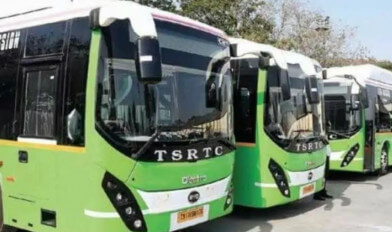


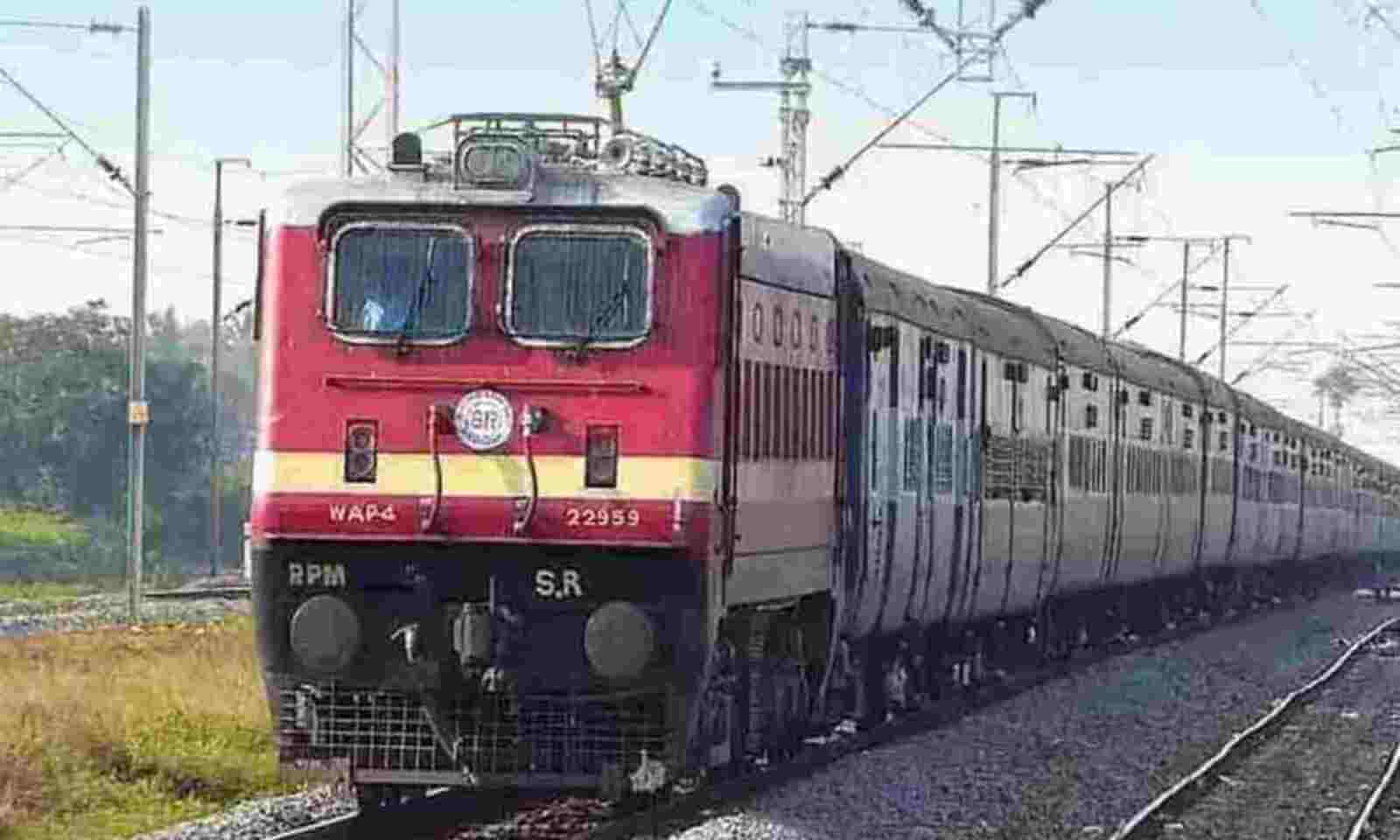
.jpg)
.jpg)
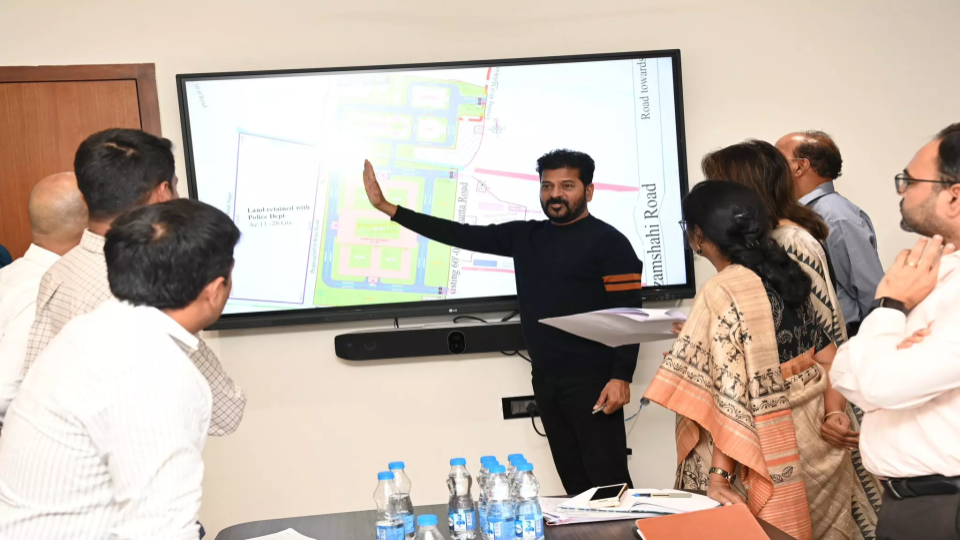
.jpg)
.jpg)


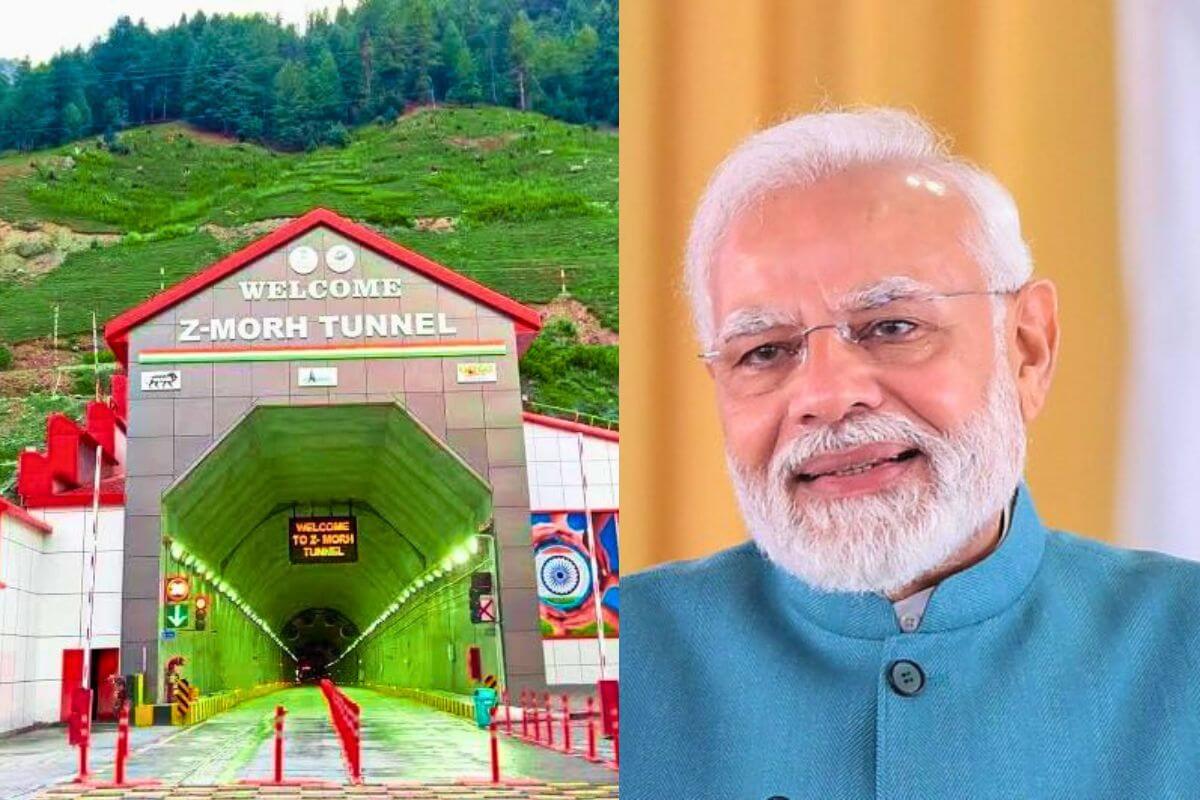
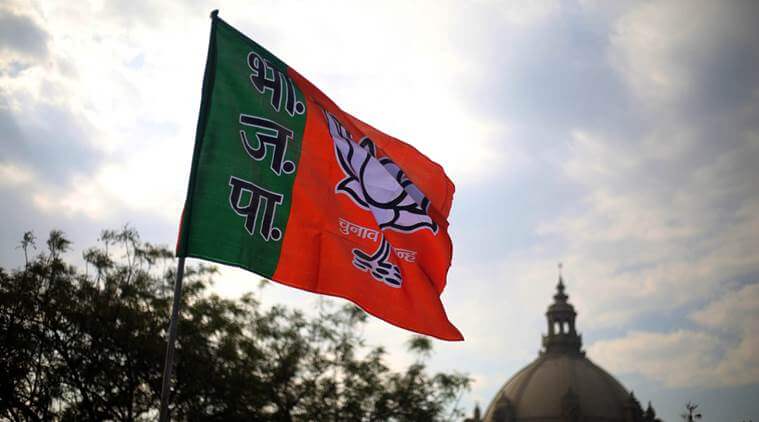
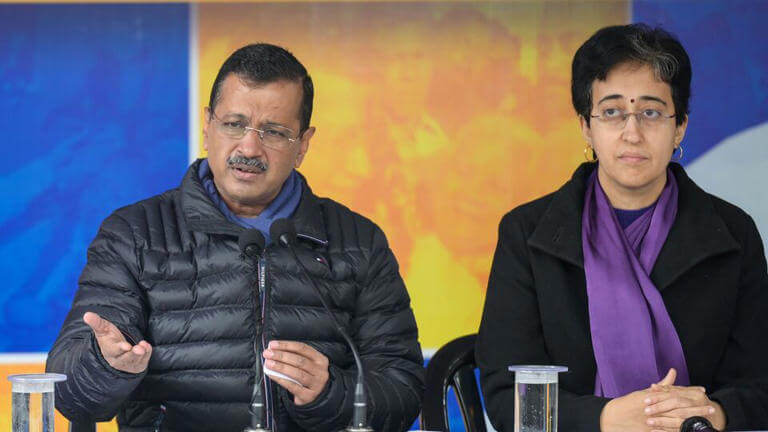
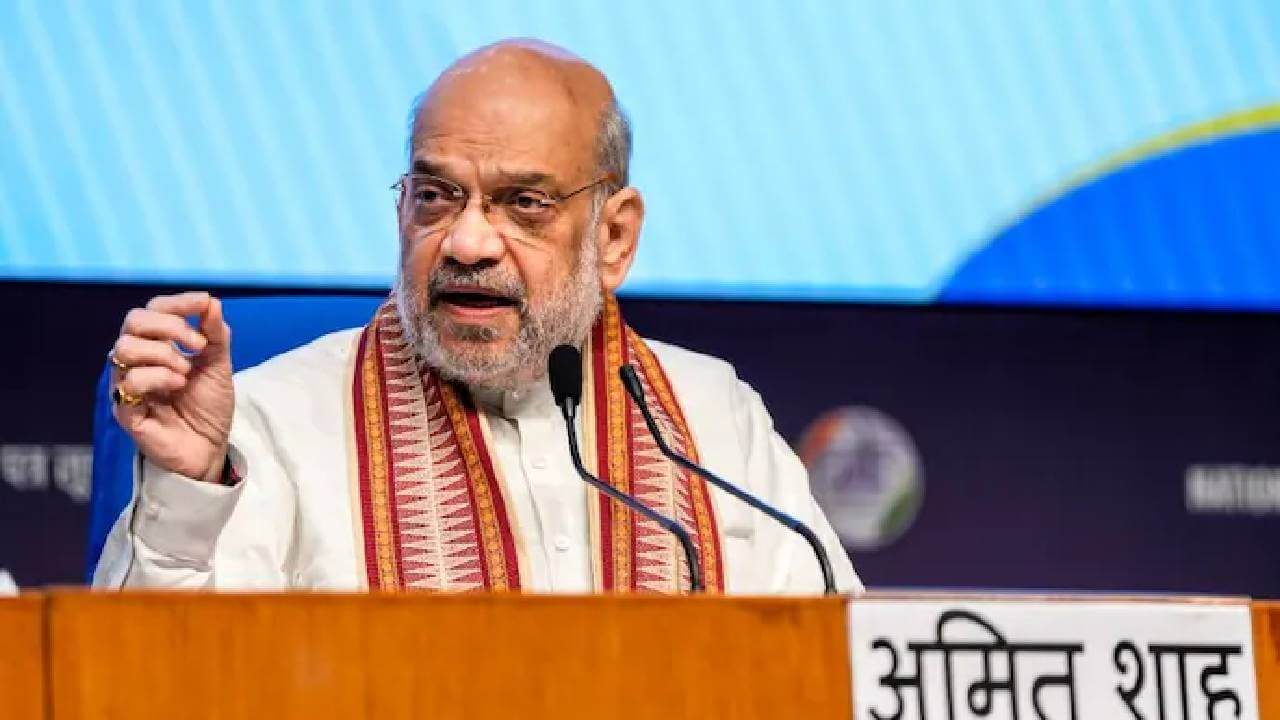
.jpg)
.jpg)
.jpg)
.jpg)
.jpg)
.jpg)
